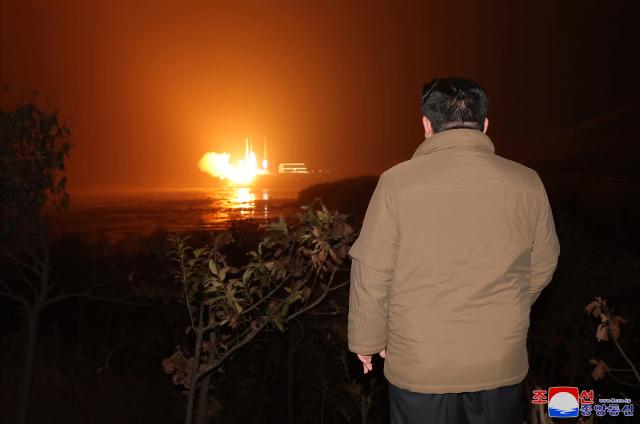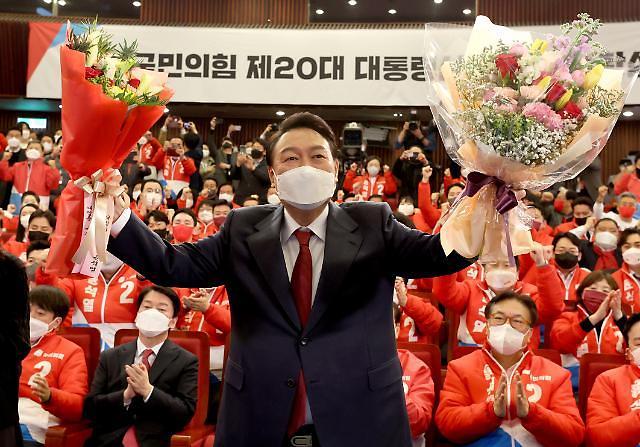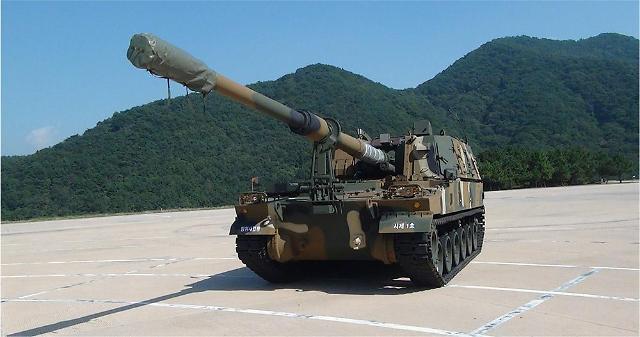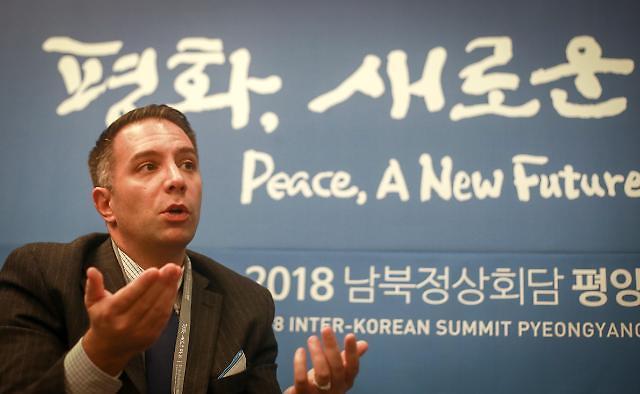
Harry Kazianis, director of defense studies at the Center for the National Interest [Aju News DB]
SEOUL -- At their summit in Vietnam, U.S. and North Korean leaders should take a realistic approach to build up trust before coming up with a complex roadmap on denuclearization, starting with a deal to shut down the nuclear's complex for some form of sanctions relief, a U.S. foreign policy and security expert said.
The summit would be a historic success if both sides can be pragmatic, realistic and mindful that going back to the days of nuclear threats in 2017 would be "a tragic mistake, with nuclear war being entirely possible if Kim started testing missiles again," Harry Kazianis, director of defense studies at the Center for the National Interest, said in a written interview with Aju Business Daily.
Washington and Pyongyang have been locked in tough negotiations on how to achieve denuclearization ever since U.S. President Donald Trump had a landmark summit with North Korean leader Kim Jong-un in Singapore in June last year.
Washington wants quick and tangible steps while Pyongyang insists on a gradual and synchronous approach.
"The most important thing is both sides need to have realistic expectations," Kazianis said, adding both sides need to build trust as a complex denuclearization roadmap might be too much.
"I say better to go slow, start with a deal that first dismantles Yongbyon for some form of economic relieve for North Korea as a first step. That allows both sides to test each other’s intentions, build up trust, and allowing for much more difficult things in the months ahead."
The U.S. side may grant some sanctions relief such as blessing inter-Korean economic projects, the expert said. "The trick is finding ways to take the pressure off North Korea but allowing Washington to save face, and I think that can easily be done."
In return, North Korea should take a first step towards denuclearization and close facilities in its Yongbyon nuclear complex, Kazianis said. "That is a win-win for everyone and shows the entire world Pyongyang is serious about its pledges to get rid of its nuclear program," he said. Kim has already hinted at shutting down the complex if Trump takes reciprocal steps such as a declaration on ending hostilities.
The American expert said that easing sanctions on exports of North Korean coal and textiles is something that Washington could use as a sweetener to entice Kim into a larger agreement.
North Korea has described nuclear weapons as a "treasured sword" to safeguard its regime against possible U.S. attacks. Kazianis wants Washington to create an environment where Pyongyang feels secure that it can give up atomic weapons and the survival of its regime is guaranteed.
Kazianis predicted a declaration on the end of war would be possible in Hanoi because it allows Trump to combat political challenges at home, change the media narrative and project himself as a transformative U.S. leader. "I believe he will seize the moment and make history."
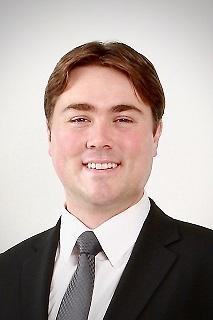
Leif-Eric Easley, an associate professor at the Division of International Studies at Ewha Women's University [Courtesy of Leif-Eric Easley]
Leif-Eric Easley, an associate professor at the Division of International Studies at Ewha Women's University in Seoul, cautioned that in the process of building a peace regime on the Korean Peninsula, it is essential to avoid undermining U.S. alliances and an armistice mechanism backed by the United Nations.
"If the Hanoi summit produces dual roadmaps -- one elaborating concrete steps toward denuclearization, the other specifying elements of a peace regime -- with a timetable matching reciprocal measures, that would be a success," Easley said.
Freezing the production of fissile material, nuclear weapons and delivery systems all across North Korea would be a good interim deal, the professor said, adding opening liaison offices would be diplomatically meaningful and could facilitate verification inspections.
The U.S. may offer a humanitarian aid package to North Korea and support limited sanctions exemptions/waivers, perhaps for certain inter-Korean projects, but North Korea has not yet done enough on denuclearization to deserve sanctions relief, said Easley. "Everyone wants peace, but it is important to remember that this will be a process, not a one-shot deal with North Korea."
Alison Evans, a senior analyst at IHS Markit, a London-based information provider, said that the summit in Hanoi is not likely to substantially relax sanctions or degrade North Korean weapons capabilities.
South Korea supports a political, or probably symbolic, peace declaration between Pyongyang and Washington, but President Moon Jae-in called for the multi-lateral signing of a permanent peace treaty to replace the armistice accord that ceased the 1950-53 Korean War.
There are motivations for Chinese President Xi Jinping to sign a peace accord that would replace the armistice accord to boost domestic support because of an economic slowdown, and because it would arguably shrink justifications for US military assets and bases in South Korea, Evans said.
"A slightly more probable scenario, however, is China delaying a peace treaty as leverage with the U.S. in ongoing trade negotiations over the arrest of the chief financial officer of Chinese telecoms giant Huawei," Evans said.
There are motivations for Chinese President Xi Jinping to sign a peace accord that would replace the armistice accord to boost domestic support because of an economic slowdown, and because it would arguably shrink justifications for US military assets and bases in South Korea, Evans said.
"A slightly more probable scenario, however, is China delaying a peace treaty as leverage with the U.S. in ongoing trade negotiations over the arrest of the chief financial officer of Chinese telecoms giant Huawei," Evans said.


